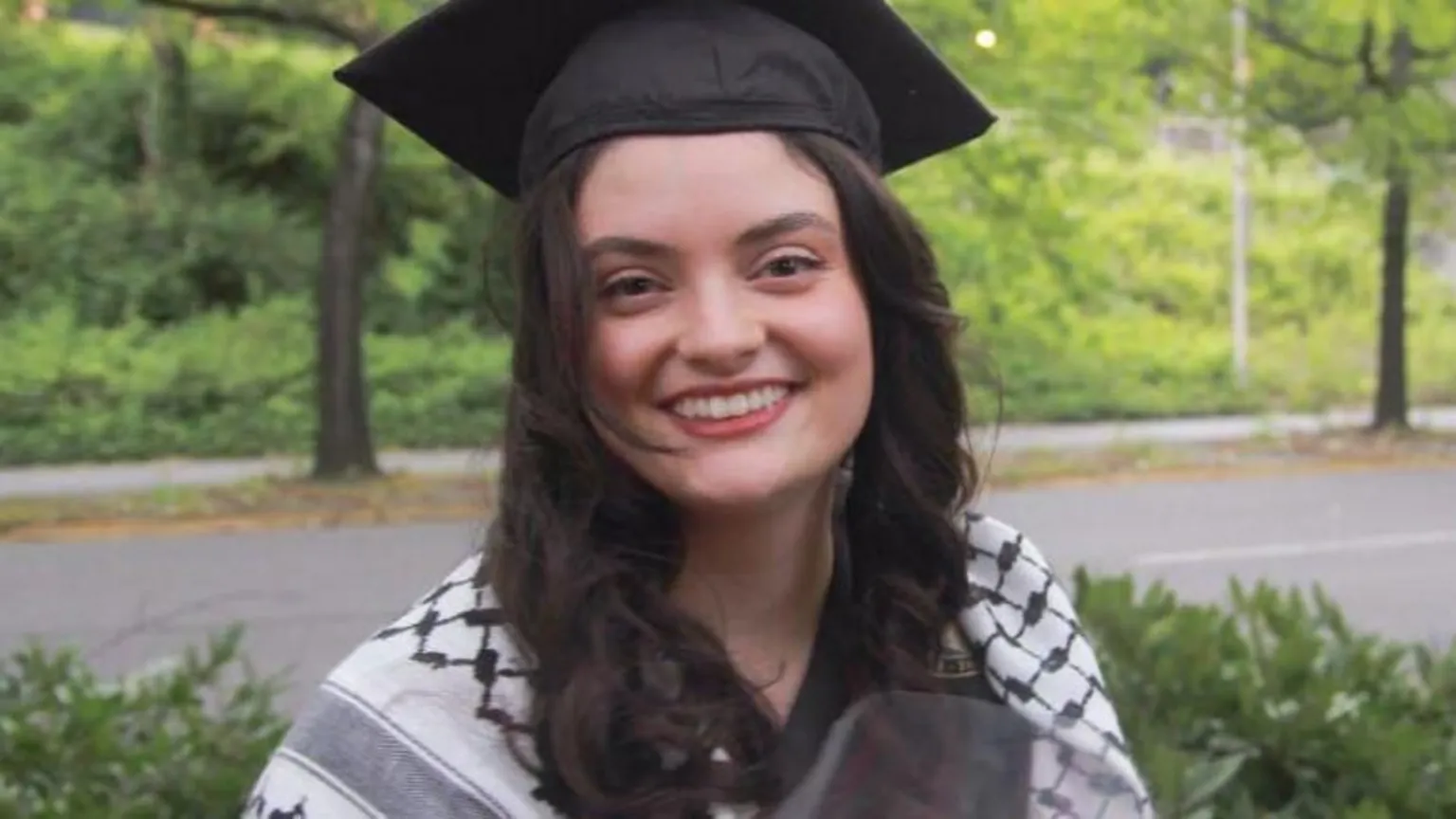The United Nations has called for a comprehensive investigation into the fatal shooting of Aysenur Ezgi Eygi, a 26-year-old US-Turkish national, who was killed during a protest in the occupied West Bank. The incident, which occurred on Friday during a demonstration against Jewish settlement expansion in the town of Beita near Nablus, has sparked international outrage, with Eygi’s family, human rights activists, and the US government urging for accountability.
Eygi, described by her family as a “fiercely passionate human rights activist,” was reportedly shot by Israeli forces while participating in the weekly protest. Local media reported that Eygi had been advocating for Palestinian rights alongside other demonstrators, protesting the continued expansion of Israeli settlements in the West Bank, a long-standing point of contention in the region.
Eyewitness Accounts Paint a Grim Picture
Eyewitnesses to the tragic event provided harrowing accounts of the moments leading up to and following Eygi’s death. Jonathan Pollak, a Jewish-Israeli activist who was present at the protest described hearing two distinct gunshots and seeing Eygi lying under an olive tree, bleeding profusely from a head wound.
“I put my hand behind her back to try and stop the bleeding,” Pollak recounted, visibly shaken. “I looked up, there was a clear line of sight between the soldiers and where we were. I took her pulse, and it was very, very weak.”
Pollak further stated that Friday’s demonstration marked Eygi’s first protest with the International Solidarity Movement (ISM), a pro-Palestinian organization that often joins in solidarity with Palestinian activists opposing Israeli settlements. He emphasized that despite clashes in the vicinity, there was no stone-throwing near Eygi at the time she was shot.
Calls for Accountability amid International Outrage
Eygi’s family, devastated by the loss, expressed their grief and called for justice in a public statement. They criticized the Israeli military’s response to the incident and called for an independent investigation by the United States, citing concerns about the impartiality of an internal Israeli investigation.
“The family is in shock and deep grief that this loving and passionate human rights activist is no longer with us,” their statement read. “We demand a full, independent investigation to ensure that those responsible for this heinous act are held accountable.”
International bodies have echoed these calls for accountability. Stéphane Dujarric, the spokesman for the UN Secretary-General, emphasized the need for a thorough investigation and reiterated the importance of civilian protection in conflict zones.
“We would want to see a full investigation of the circumstances and that people should be held accountable,” Dujarric said. “Civilians must be protected at all times.”
The United States has also expressed its concern. Sean Savett, a spokesman for the White House’s National Security Council, stated that the US was “deeply disturbed” by Eygi’s death and had reached out to the Israeli government to request further information and a full investigation into the incident. The US Secretary of State, Antony Blinken, also deplored the loss, expressing his condolences to Eygi’s family and loved ones.
Israel Defense Forces’ Response
The Israeli military, in response to the incident, acknowledged the reports of Eygi’s death and issued a statement suggesting that the shooting occurred during clashes between soldiers and protesters. According to the Israel Defense Forces (IDF), their troops had been responding to rock-throwing demonstrators who posed a threat to their safety.
“During Israeli security forces’ activity adjacent to the area of Beita, the forces responded with fire toward a main instigator of violent activity who hurled rocks at the forces and posed a threat to them,” the IDF statement read. “The IDF is looking into reports that a foreign national was killed as a result of shots fired in the area.”
The military’s statement, however, was met with skepticism by eyewitnesses like Pollak, who maintained that the soldiers were not under direct threat at the time of the shooting. Pollak dismissed the suggestion that Eygi had posed any danger to the troops.
Growing International Tensions
The killing of Aysenur Ezgi Eygi has further strained the already fragile relationship between Israel and the international community, particularly with the United States and Turkey. Turkish President Recep Tayyip Erdogan condemned the incident, describing the actions of the Israeli forces as “barbaric.” His condemnation aligns with growing frustrations in Turkey over the Israeli-Palestinian conflict, with many in the country expressing solidarity with Palestinians.
In Washington, US officials have not only called for a thorough investigation but also for greater accountability in Israel’s handling of protests and civilian casualties. Eygi’s death has revived conversations about the treatment of foreign nationals and human rights activists in conflict zones, particularly those participating in pro-Palestinian demonstrations.
Eygi’s tragic death has also reignited debates over the expansion of Israeli settlements in the West Bank, a contentious issue that has long been at the center of the Israeli-Palestinian conflict. As protests continue to erupt in the region, international pressure mounts on Israel to address the human rights concerns raised by these events.
The killing of Aysenur Ezgi Eygi has raised a global outcry, shining a spotlight on the dangers faced by human rights activists in conflict zones and reigniting debates about the Israeli-Palestinian conflict. As the international community demands answers and accountability, Eygi’s family, along with human rights organizations, hope that her death will not be in vain and that justice will prevail. For now, the world waits for a full investigation into the tragic circumstances that ended the life of a passionate and dedicated advocate for justice.




